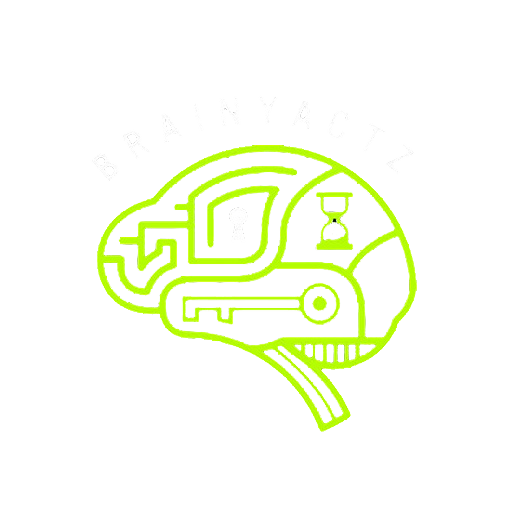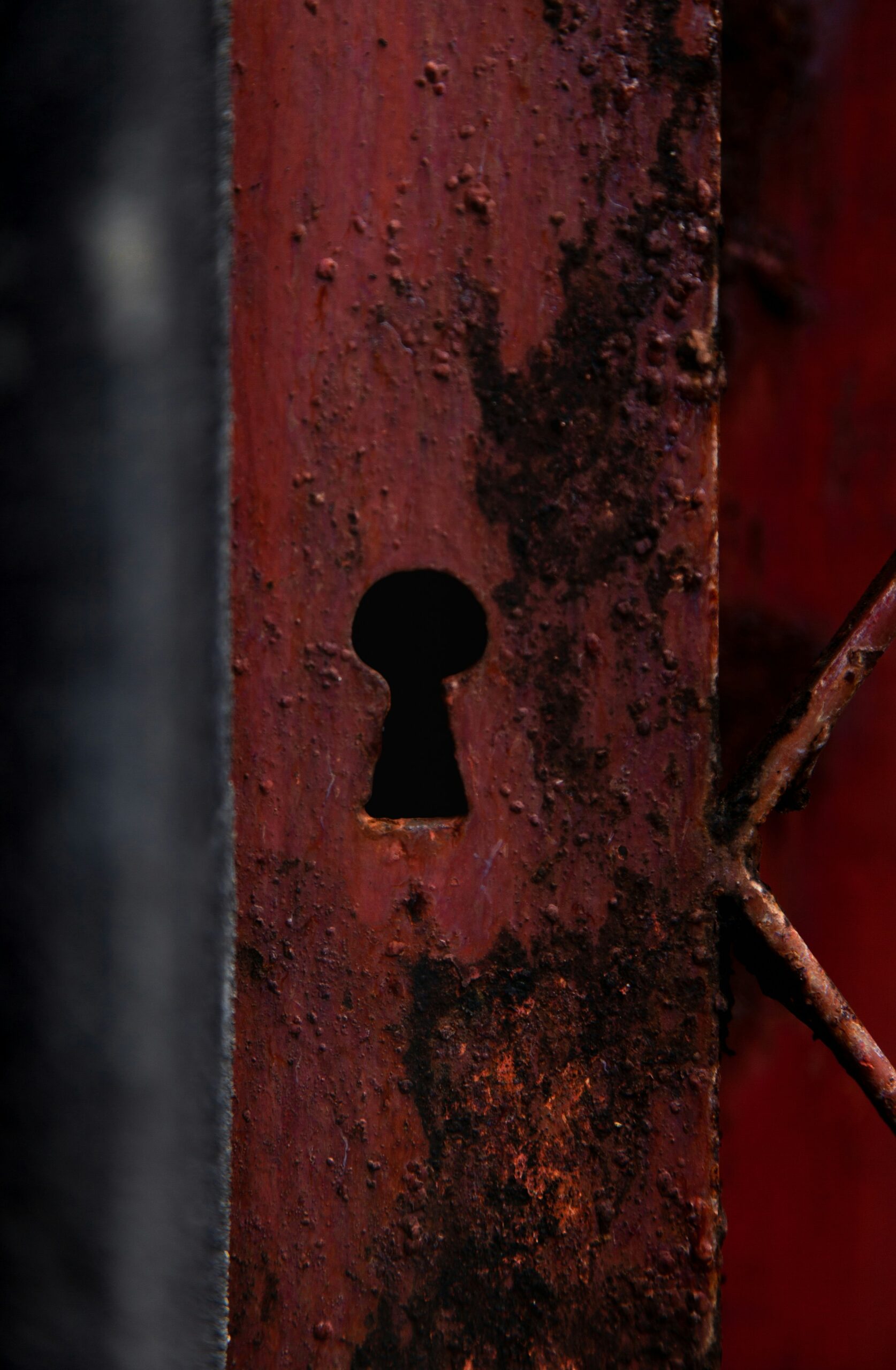Escape rooms are fun to test your puzzle-solving skills in an interactive environment. This article will explore essential tips to help you prepare for your next escape room challenge.
Key Takeaways
- Prepare for Escape Rooms by Practicing Puzzles, Thinking Under Pressure, and Understanding Rules and Objectives
- Assemble a Team With Diverse Skills and Establish Clear Communication Strategies for Efficient Problem-Solving
- Assign Roles Based on Individual Strengths and Develop a Basic Strategy Before Entering the Room
- Look for Patterns, Think Outside the Box, and Know When to Ask for Hints
Preparing Your Mind for the Escape Room Challenge

Preparing your mind for an escape room challenge is crucial for success. Boosting your puzzle-solving skills and practicing critical thinking under pressure are key elements. Pay close attention to all the information presented, as even the smallest details, like a hidden message in Morse code, can be vital for problem-solving.
Boost Your Puzzle-Solving Skills
Honing puzzle-solving skills is essential for escape room success. Sharpen your abilities by practicing riddles, mathematics puzzles, and cracking combination locks with your team. Developing these skills will give you an edge when facing challenging escape room scenarios.
Practice Thinking Under Pressure
Practicing thinking under pressure is key to succeeding in escape rooms. Solve timed puzzles like mazes, padlocks, and ciphers written on paper to simulate the pressure. Join an escape room community to find like-minded enthusiasts and sharpen your skills together.
What to Know Before You Go to an Escape Room

Before embarking on your escape room adventure, you must be knowledgeable. Understanding the rules and objectives is crucial, as each escape room may have slight variations. Familiarize yourself with common themes, such as a murder mystery or a scavenger hunt, to mentally prepare for the challenges ahead. Look for hidden clues written in invisible ink or revealed under a black light. Brushing up on your crossword and riddle-solving skills can also give you an advantage in cracking codes and unraveling puzzles.
Understand the Rules and Objectives
Before entering an escape room, familiarize yourself with the rules and objectives to ensure a smooth experience. Each room may have unique guidelines, such as not using excessive force or climbing on furniture, so pay attention during the briefing. Understanding the main objective, whether it’s finding a hidden item or solving a mystery, will help focus your team’s creativity and guide your problem-solving strategies.
Familiarize Yourself With Common Escape Room Themes
Escape rooms often feature themes like detective mysteries, ancient Egyptian tombs, or futuristic sci-fi scenarios. Familiarizing yourself with these common themes can help you anticipate the types of puzzles you may encounter, such as deciphering symbols on a cryptic jigsaw puzzle, cracking a code using an old telephone, or unlocking a hidden compartment within a mysterious clock. Observing how everyday objects are incorporated into the theme can provide valuable insights for solving challenges.
Building the Perfect Team for an Escape Experience

To conquer an escape room challenge, assembling the right team is crucial. Each member brings unique strengths, such as observation skills, logical thinking, and creative problem-solving. Identify these strengths, assign roles, and establish effective communication channels. Encourage out-of-the-box thinking and be open to unconventional solutions. You’ll be well-equipped to conquer any escape room challenge with the right team dynamic and communication strategies.
Identify Each Team Member’s Strengths
Recognizing each team member’s strengths is vital for escape room success. Some may excel at management and leadership, keeping the team focused and on track. Others may shine at spotting patterns in a word search or piecing together a logic puzzle. Artistic individuals can tackle paint-based challenges or identify subtle visual clues in the correct sequence.
Learn Effective Team Communication Strategies
Clear communication is vital in an escape room. Assign a team leader to coordinate and use a flashlight to highlight important clues. Encourage team members to share ideas and discoveries with concise phrases like “password found” or “key under the table.”
Strategic Planning Before Your Escape Room Visit

Strategic planning is essential for success before entering the escape room. Assigning roles based on each team member’s unique skills and interests can optimize problem-solving efficiency. A memory whiz might focus on remembering clues written in invisible ink, while a language expert could decipher foreign phrases. Developing a basic strategy, such as having a designated “scissors” person to cut through red tape or a “teacher” to guide the team, can provide a solid foundation for tackling challenges.
Assign Roles Based on Skills and Interests
Before the adventure game begins, assign roles to each team member based on their unique skills and interests. The logic whiz can focus on cracking equations and solving puzzles, while the organization expert ensures the team follows a systematic approach. Matching roles to individual strengths optimize the team’s problem-solving efficiency and adherence to the escape room’s policies.
Develop a Basic Strategy or Approach
Before diving into the escape room, the team should develop a basic strategy to manage stress in the confined space. They can assign a captain to help navigate the challenges and keep everyone focused, similar to how a ship captain guides their crew. The team should also agree on communication methods, such as using their mobile phones to share photos of clues while minimizing distracting noise.
Tips for Handling Clues and Puzzles Efficiently

When solving escape room puzzles, look for patterns and connections. A reading expert can find hidden messages, and someone good with numbers can crack codes. Encourage your team to think like scavenger hunters, but know when to ask for a hint to keep things moving.
Recognize Patterns and Connect the Dots Quickly
To quickly recognize patterns and connect the dots, escape room participants should think outside the box and look for connections between seemingly unrelated clues, like a metal key that fits a lock on an ancient mummy’s sarcophagus. With some luck and keen observation skills, they can spot patterns in symbols, colors, or numbers that lead to solving puzzles efficiently.
Decide When It’s Time to Ask for a Hint
Knowing when to ask for a hint is a critical leadership skill in escape rooms. If the team finds themselves stuck on a puzzle for a significant length of time, it may be time to seek guidance. Asking for a hint can help the team refocus and potentially uncover a vital clue, such as a hidden phrase or a pocket containing a key to unlock the door to the next stage of their time travel adventure.
Conclusion
Escape rooms offer an exhilarating and challenging experience for adults, testing their problem-solving skills, teamwork, and ability to think under pressure. Success hinges on preparing the mind, assembling the perfect team, and efficiently handling clues and puzzles. With the right mindset and approach, adults can enjoy a thrilling and rewarding experience that strengthens bonds and creates lasting memories.

